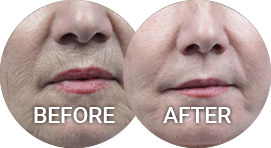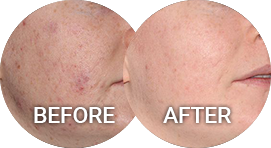When you suffer from seasonal allergies, the presence of pollen may temper the excitement of spring. You’re not alone, as over 50 million Americans have some form of allergy, though not all are due to the blooming of plants. You could be allergic to pet dander, dust mites, or insect venom. And food allergies alone account for 200,000 emergency room visits annually.
Yet, except for your allergic reaction, none of these substances are harmful to your body. The problem stems from an overreaction of your immune system. Instead of protecting you from legitimate health threats such as fungi, pathogens, or viruses, your immune system triggers a cascade of harmful reactions to innocuous substances.
An integrative medical practice, Pineapple Health is your call in the Phoenix, Arizona area when you or someone in your family has their life disrupted by allergies. Personalized testing and immunotherapy help improve overall immune system health, as well as reducing allergy symptoms for many patients.
Living with allergies
For some people with allergies, reactions can be so severe that their immune system response will induce potentially deadly anaphylactic shock, but most allergies generate more modest symptoms. The classic symptoms include runny nose, sneezing, and itchy eyes, with the severity of symptoms varying wildly between patients.
Treating symptoms is a common way to cope with the impact of allergies. People with potentially life-threatening reactions often carry epinephrine pens to auto-inject medication to interrupt anaphylaxis. Those with mild or moderate symptoms may turn to over-the-counter antihistamines, decongestants, or nasal sprays to counteract the effects of allergens.
Avoiding allergy triggers may work for other people. Staying inside during days with high pollen counts and enhancing air filtration in their homes are common strategies, though these may only reduce reactions rather than stopping them altogether.
Strengthening immune response
One shortcoming of these coping strategies is that they’re focused on relieving symptoms, not on treating the cause of the problem. None of these address the overblown reaction of your immune system. For that, you need immunotherapy.
The most common form of immunotherapy is the allergy shot. It’s the only treatment for allergies that directly addresses immune system behavior, reducing or stopping allergic response symptoms before they start.
Allergy skin tests determine which subjects trigger allergic responses from your body. These tests introduce small amounts of suspected allergens to the surface of your skin. If the skin becomes red and raised around a sample, then you’re likely allergic to it. Your reactions to the skin test form the basis of your allergy shot prescription.
By introducing small amounts of the allergen into your body on a regular basis, your immune system has time to build defenses against the offending substance. For some patients, the intensity of their reaction becomes less severe over time.
When you’re suffering from an uncontrolled allergic reaction, you’re susceptible to other pathogens since the immune system is already busy creating the spurious allergy symptoms. Using immunotherapy improves the strength of your immune system by freeing up valuable resources to fight legitimate threats to your health.
Contact Dr. Kevin Chan and the team at Pineapple Health to reduce the impact of allergies and to boost your immune system’s strength. Call the office at 480-531-6001 today to arrange your consultation, or contact us online.




